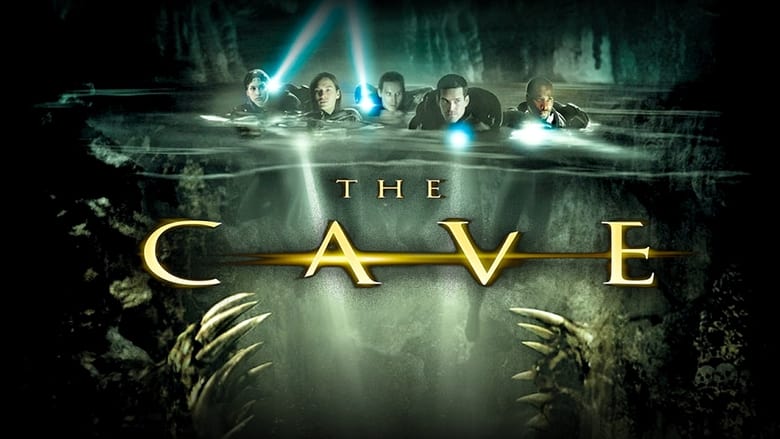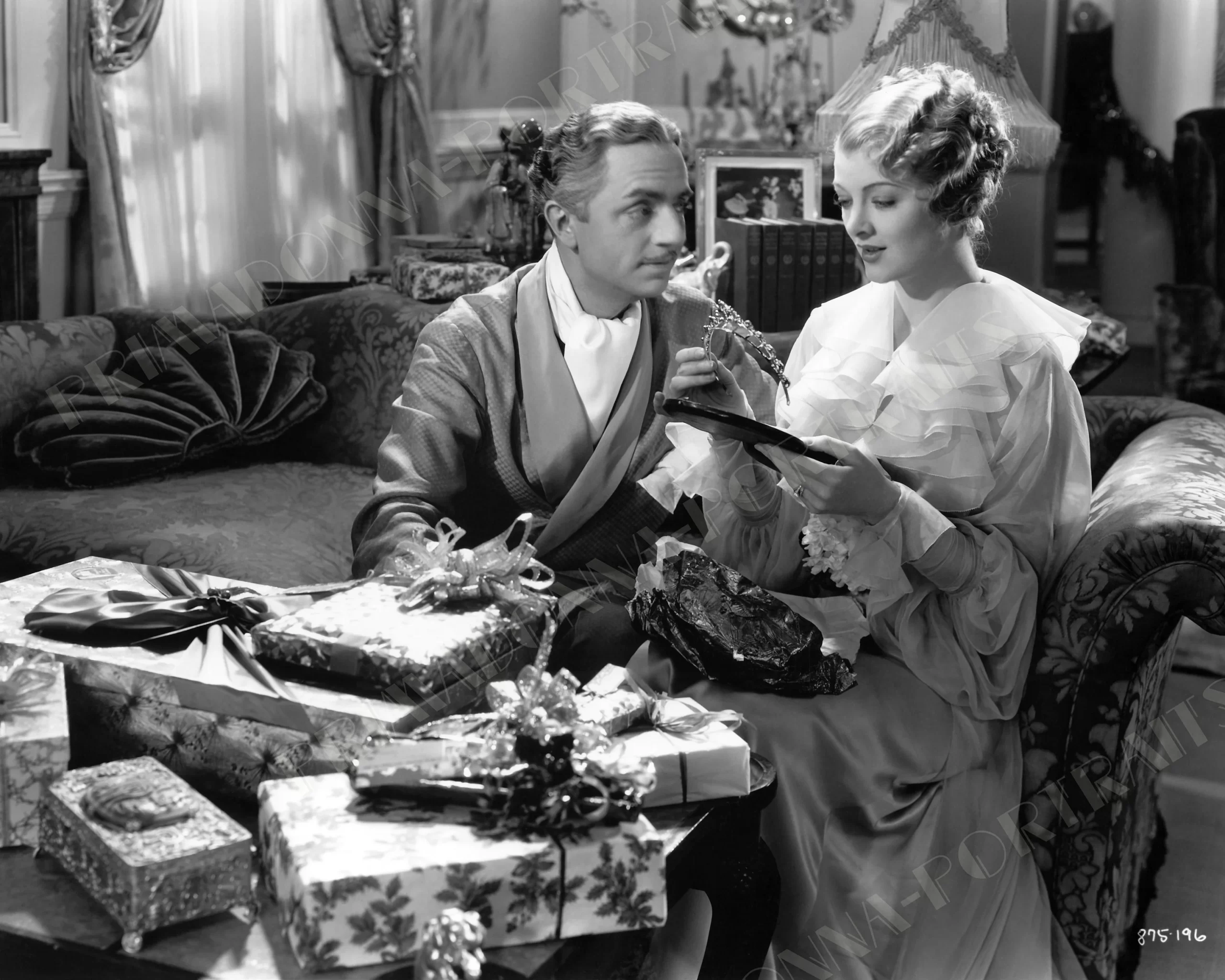When Austria was annexed Germany in 1938, by most accounts rule by their sinister new overlords were incredibly popular. Infamously, a referendum that year to accept Hitler as national leader passed almost unanimously (though some suspect the election had been rigged). Hitler was himself, of course, from Austria and vowed to reunify these two German-speaking countries still hurting from defeat in the First World War into one glorious nation. Whether or not every individual Austrian approved of what the Nazis were doing, only a small number actually did resist.
One person who did was Franz Jägerstätter, a deeply religious farmer who had initially rendered unto Caesar by enlisting in the army. However, upon returning back to his village to be with his beloved wife and three young daughters, his conscience grew increasingly heavy. As a Christian he just couldn’t participate in the evils the Nazis were committing. He refused to fight or pledge allegiance to Hitler when he was summoned again in 1943. For his committed defiance, he was detained in prison while he waited for a military tribunal to decide his fate. After the war ended his life was mostly unknown until 1964 when a biography was written of him by the American sociologist Gordon Zahn. Decades later he was recognized by the Catholic Church.
Fast-forward once more and his remarkable, wrenching story becomes the subject of the latest picture from the increasingly active Terrence Malick. A Hidden Life is a movie with its heart in the right place, unquestionably. Malick certainly seems to see parallels between the rise of fascism in the 1930s and this unnerving political era in which the United States-along with too much of the rest of the world-has right-wing demagogues in charge.
Watching Jägerstätter (portrayed by a gaunt August Diehl) being pressured into swearing adherence to Hitler, I couldn’t help but think of Trump and the way he’s transformed an entire political party into a cult of personality while demanding complete loyalty from everyone. While for some that may read as hysterically over-the-top, watching those responsible now for the barbaric mistreatment of migrant children at the border insist they’re “only following orders” shows that we’re never as far removed from the next atrocity as we wish we were.

It’s easy to imagine in the abstract that any of us would’ve revolted against slavery or vocally opposed the Nazi party, but deference to authority and fear of being ostracized are very powerful forces. We honor those who swam against the tide precisely because it’s such a rare and difficult act.
If only this timely material was brought to cinematic life with anything approaching clarity, depth, or even a semblance of concern over sensibly using its time and ours! Terrence Malick has done virtually nothing to modify his signature style, even as the political notes feel like a departure as does the historical footage of Hitler.
Admittedly I missed Song to Song (his 2017 experimental romance starring Rooney Mara and Michael Fassbender) but as best I can tell A Hidden Life is a logical continuation of his maddeningly idiosyncratic direction in Tree of Life, To the Wonder, and Knight of Cups. Even with the imposed discipline of a pre-written screenplay, he’s still the same fuzzy-headed artisan who can always spare a moment (or twenty-three) for the inviting distractions of a majestic waterfall or green hill. This is a three-hour picture with no justification for crossing the two-hour mark.
By me the problem isn’t who is being celebrated, but how
Aesthetics and beauty are extremely subjective, but for whatever it’s worth I found Tree of Life to be vastly more satisfying in that regard. I was among the dissenters on that one and about six viewings later I largely stand by what I wrote in my original 2011 review. Yet for all my quibbles there are amazing, indelible images and sequences that have stuck with me and make me dearly wish I could join the ranks of the enchanted fans.
His 2005 The New World had no shortage of arresting shots either. However, A Hidden Life is more smitten with the mountains, countryside, and pastoral rural life of northern Austria than I imagine I could ever be. It all feels monotonous and unnecessary; too many diversions from a story that should’ve been told with much more focus and immediacy.
This is Malick’s form of an artistic ultimatum. A Hidden Life is cinema as an endurance test: swoon to all his long-winded meanderings or feel bad about yourself for not joining in on the acclaim. How can you possibly find it in your soul to critique a film so pure in its awe for martyrdom and high altitudes, so relevant to this chilling authoritarian time? You’re immediately put on the defensive. Only cynics and Philistines could respond with their thumbs turned upside down.
I don’t even particularly object to the spotlight being on one man who chose of his own free will to face repression as millions in Europe were shipped off to die in concentration camps, though I do understand why some might take umbrage. By me the problem isn’t who is being celebrated, but how. A Hidden Life provides scant in the way of a broader context (there’s no depiction of the war or the Holocaust). It also gives the viewer vanishingly few insights into Jägerstätter’s own internal deliberations and transformation. Perplexingly, Malick has determined that copious shots of him looking around dejectedly and disapprovingly as Nazism pervades his village would suffice.

The dialogue might better flesh out his thinking. Unfortunately, Malick has fallen back seemingly more than ever on one of his most frustrating tics: the characters have almost no conversations! Mostly one will deliver a monologue of various lengths drowning in solemnity which is followed by jump cuts and then occasionally the person being addressed will say something (no guarantees though). This subject matter demanded something with more force and shape than his usual tricks.
Malick most likely sees something reflective of Christ’s crucifixion in the way Franz Jägerstätter accepted what would happen to him without resisting after his arrest. This is one uncommonly pious movie. All the religious allusions and ruminations of earlier work are unabashedly front and center here. Alas, so is the dopiness and a renewed determination to be rudderless while baffling with odd decisions (English is the primary language while German, by contrast, is used at first as flavoring then more as the movie goes on–and mostly barked instead of spoken).
The last moments are unmistakably affecting. Most of what’s on display prior to it are tidy and boring-sometimes excruciatingly so- despite the best efforts of its fine cast (even the late Bruno Ganz appears at one point). Not once is the impression given he’ll either crack (even Jesus was tempted!) or somehow escape, which renders all the proceedings quite flat. As with most of Malick’s work, it ultimately has very little to say once you sweep away all the pretentiousness.
Futile resistance won’t alter the course of a war– instead, it may save your eternal soul. A better director would’ve found more engrossing and haunting ways to share that message. It’s not too soon for A Hidden Life remake.
“A Hidden Life is cinema as an endurance test: swoon to all his long-winded meanderings or feel bad about yourself for not joining in on the acclaim”




